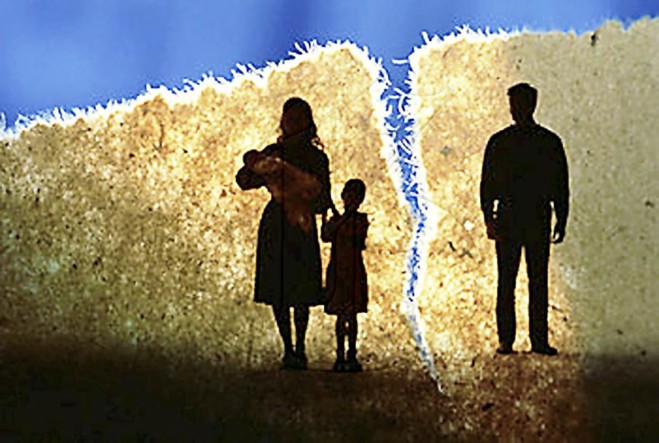Gentiana Terpeza, a 35 year old from Prishtina, got divorced from her husband of 10 years about a year and a half ago. She says that after the divorce, she feels as if she was reborn.
She says that the divorce did not have any bad influence on her position in her society either; they treat her same as before.
“I feel as if I have been released from10 years in prison, and now my mind is at peace and I can be close to the other people.Now I realize how much time I have wasted…,” Terpeza explains.
She is very thankful to her family, who has always supported her. Terpeza asserts she did not feel judgements from others, but even if there were judgements, she would neglect them.
“The others` opinion does not matter as long as I feel good,” she expresses.
The sociologist Dr. Vjollca Krasniqi no longer considers divorce a taboo in society, and believes there is an increase in toleration for individual freedom, even though in a conforming society, divorces break the societal balance.
“In a society where traditional values dominate, the divorced, especially the women, are stigmatized. Many of them do not have the support of their families and also have no institutional support, e.g. child support,” Krasniqi asserts.
The number of divorces is growing more each year, according to y the data published by Kosovo Agency of Statistics (KAS). There were 1,040 divorces recorded in 2013, and there was an increase of 200 more divorces in 2014, whereas 1,268 couples got divorced in 2015.
In sociologist Krasniqi`s opinion, the increasing number of divorces is an indicator of the transformation of intimate relationships in Kosovo.
“The most recurring of these transformations are related to the job, the country and the education in a society that is getting modernized quickly. Even more, many individuals nowadays consider it impossible to live according to the society`s expectations and want more freedom. Also, many individuals leave behind the intimate relationships which are not fulfilling, do not make sense, or are being kept alive by force,” she says.
Krasniqi considers that the main causes that lead to divorce are early marriages, the failed expectations, violence and non-equality between partners.
The main reason why Terpeza got divorced is because she couldn`t find a common language with her husband. She suggests to young girls not to enter into early marriages without previously knowing well their partner, since early marriages usually fail.
“I also suggest that women who do not have a good relationship with their partner end their marriage, since it is a psychological torture,” Terpeza finishes.
The largest number of divorces in 2015 occurred in the second year of the marriage- 13.6%. This is followed by divorces in the first year of marriage- 13.2%, whereas there were less divorces in less than a year of marriage- 9.9%.
As for the age-groups, in 2015 women aged 25-29 had 292 divorces, or 23.0%, and men aged 25-29 had 277 divorces, or 21.8%. Statistics differ from the preceding year; 25.2% women aged 25-29 got divorced, whereas 25.3% of men aged 30-34 got divorced.
The biggest number, or 61.8%, of divorced spouses have no children, 14.2% have two children, and 11.7% have one child.
The divorce is experienced in different ways by different individuals.
“Media often exaggerates the impact of the divorce upon children. Children develop better in family relationships where love dominates, and in a home where they feel secure and valuable,” Krasniqi says.
Terpeza, who works at Prishtina International Airport and takes care of her daughter on her own, and says that she didn`t seek anything from her ex-husband–not his fortune or anything for her daughter, in order to have an easier divorce.
“…I got my daughter from that marriage, and I wouldn`t change it for any price in the world, because she is the one who fills my life with happiness,” she says.
Gentiana Maxharraj








